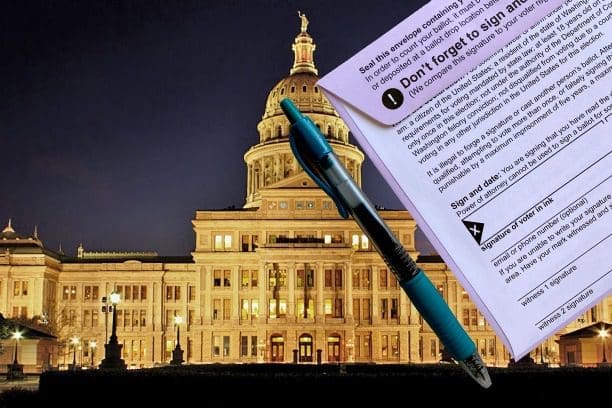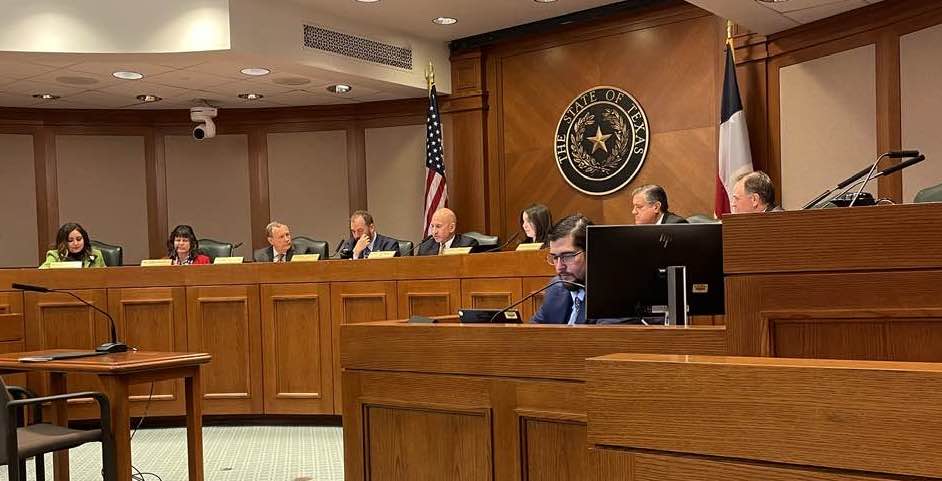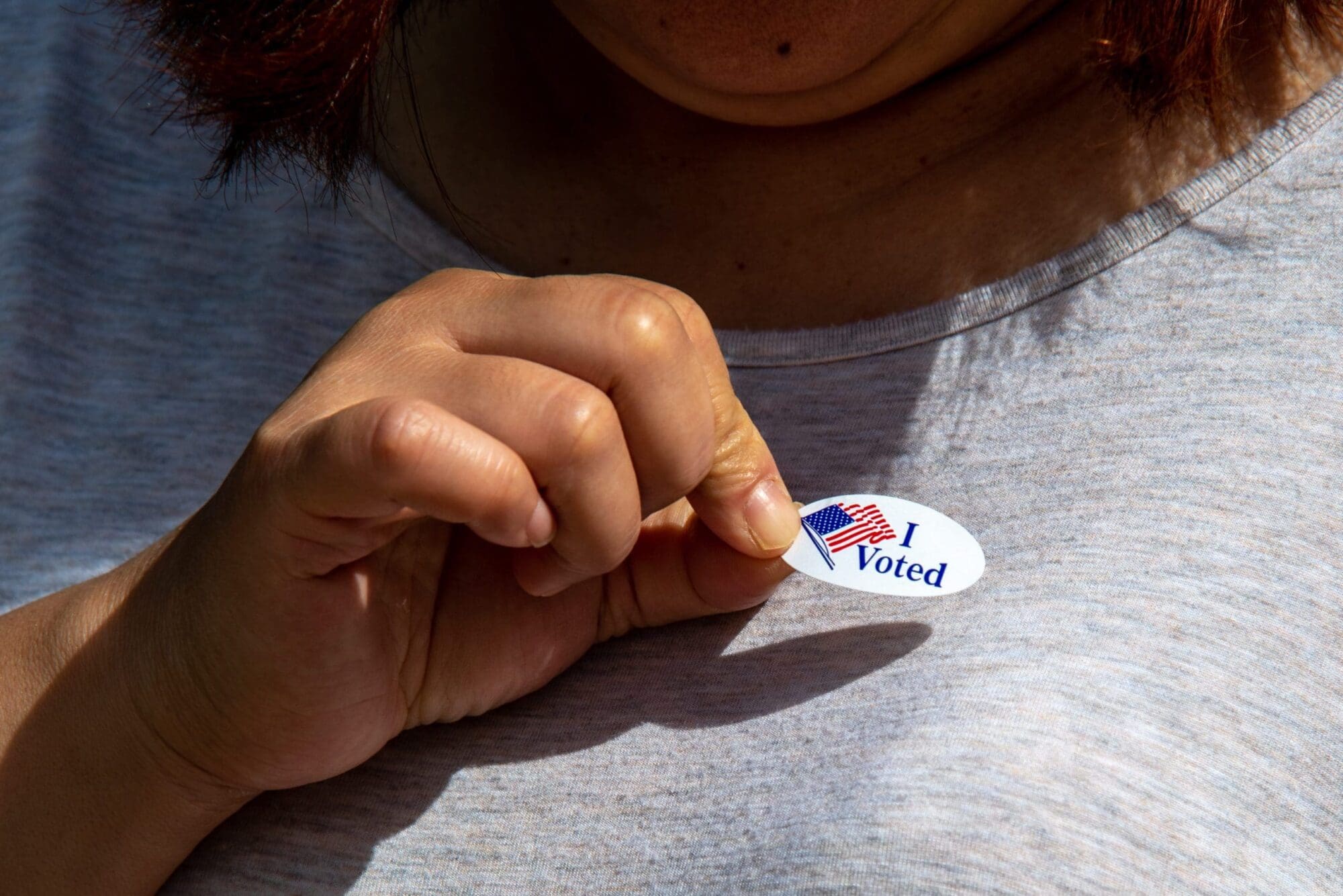Election integrity legislation received fast-track status from the governor this week, but citizen advocates are waiting to see what specific reforms lawmakers will deliver.
At the State of the State address on Monday, Texas Gov. Greg Abbott named election integrity as one of five “emergency” items for the 87th Legislature, meaning lawmakers can get right to work on bills pertaining to the issue, which is a top legislative priority for Republican grassroots activists.
“One thing all of us should agree on, whether you’re a Republican, Democrat, or Independent, is that we must have trust and confidence in the outcome of our elections,” Abbott said. “That is why election integrity will be an emergency item this session.”
Interest in securing the vote intensified during the 2020 election cycle, as voting rules—primarily for mail ballots—were loosened in multiple states by officials using concerns about the Chinese coronavirus as a pretext.
In Texas, voting by mail was also the primary target of legal challenges from Democrats and their allies on the left who sought to use courts and COVID fears to undermine state voting laws.
Several lawsuits are still pending, and Democrat lawmakers have filed dozens of election-related bills to weaken laws—like voter ID and vote-by-mail eligibility limits—that they claim are too restrictive and prevent eligible Texans from participating.
So, what reforms do election integrity advocates want, and will Texas’ Republican-majority legislature propose and pass them?
Last year, Texas GOP delegates set election integrity as their top legislative priority for 2021, specifying citizenship verification and stronger fraud penalties as measures they want enacted.
“There are multiple areas where elections need attention to ensure they’re fair and free from fraud,” said election integrity advocacy group Direct Action Texas following Abbott’s speech. “DAT has identified three items as paramount: providing accurate voter rolls, barring big tech from interfering in our elections, and clarifying mail-in ballot procedures.”
Texas Public Policy Foundation’s Election Protection Project has proposed three ways “Texas lawmakers can restore our collective faith in the ballot box:” require proof of citizenship at voter registration, clean up voter rolls, and standardize voting by mail.
At a TPPF election integrity event in January, panelists proposed legislative solutions for securing voting by mail, preventing private money from influencing government election offices, and holding election officials accountable to following the law.
While several bills to shore up election processes have been filed, Republicans are still hammering out the details of many proposals.
The bill-filing deadline is March 12, but lawmakers need to act quickly to take advantage of the fast-track emergency status.
Texas Scorecard will be reviewing key election integrity bills and reporting on their progress.
The regular session of Texas’ 87th Legislature runs through May 31. Details about bills filed, along with other resources to help citizens participate in the legislative process, are available at Texas Legislature Online.
Texans can weigh in on election integrity and other issues by contacting their elected officials. The Texas Directory includes information about state lawmakers, the districts they represent, and how to contact their offices.





